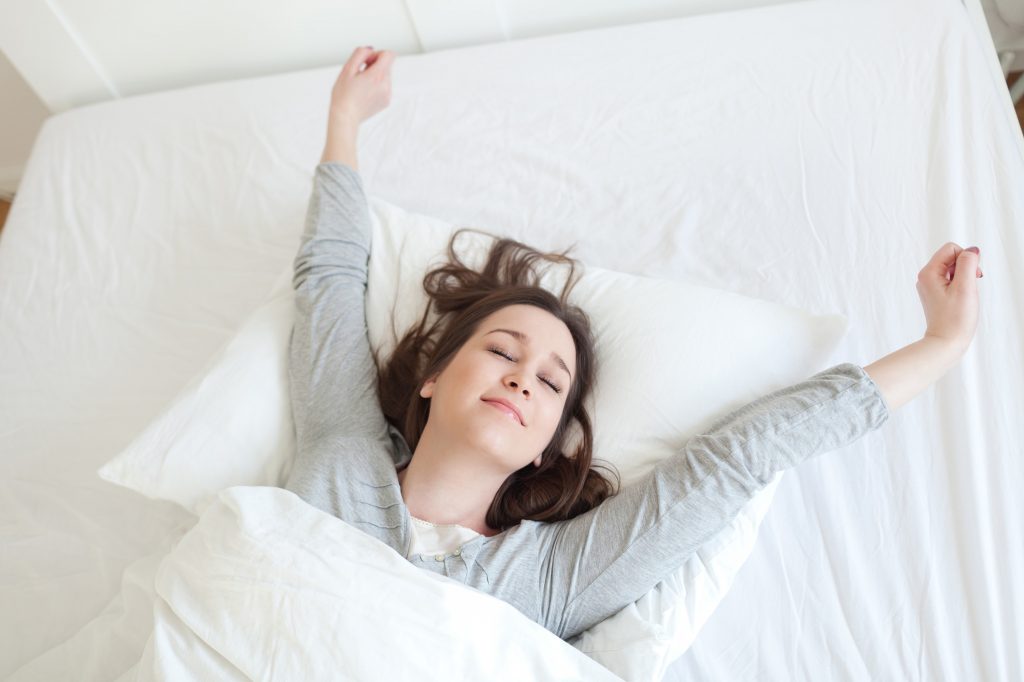
A polysomnogram is a test that records certain body functions during sleep. These include brain activity, blood-oxygen levels, heart rate, eye movement, breathing rate, airflow through your mouth and nose, snoring and muscle movement. For many years, undergoing a polysomnogram in a sleep lab setting was the only way that doctors could diagnose sleep apnea. Fortunately, new medical advances now make it possible for you to undergo an accurate sleep study at home.
Before you undergo a polysomnogram or sleep study at home, a board certified otolaryngologist (ear nose and throat doctor) will consult with you, take a full medical history and perform a thorough examination.
What Happens During a Sleep Study at Home?
When prescribed an at-home sleep test, your doctor will provide you with a special device. This device has several sensors which you will attach to your body in various places. Each of these sensors is equipped to measure a specific body function. You will be provided with very detailed instructions about how to properly apply the sensors and use the device before you bring it home with you. While you sleep, the device will record sleep data that will later be analyzed by your doctor.
The Advantages of a Sleep Study at Home
There are many advantages of having your sleep study performed at home. Of course, the main advantage is being able to sleep in your own bed. Even though many sleep labs, including the eos sleep diagnostic lab in New York City are specially designed to provide a relaxing environment, most patients still find it easier to sleep soundly while at home. At-home tests are also significantly less expensive than those performed in a lab setting.
When Should a Sleep Study Be Performed in a Lab?
A sleep study at home isn’t always the best option for everyone. Certain patients are not considered good candidates for this type of test because their symptoms and medical history suggest that while they may have a sleep disorder, it is not necessarily sleep apnea. Other sleep disorders, like restless leg syndrome or narcolepsy are best diagnosed in lab setting. At-home sleep studies are recommended for patients that demonstrate clear, clinical signs of sleep apnea, but do not have other serious health issues.
Because home sleep studies are now available, sleep specialists are hopeful that more patients will feel comfortable seeking an evaluation when they suspect sleep apnea. This will prevent many of the significant health issues, such as high blood pressure, stroke and heart disease that can result from untreated sleep apnea. Once diagnosed, there are many treatments available for sleep apnea, most of which are minimally-invasive. There is no reason to live with the troublesome symptoms of sleep apnea.
To learn more about sleep test at home, contact our board certified otolaryngologists at eos sleep. We will provide a thorough evaluation and determine if you are a good candidate for a sleep study at home. To make an appointment, contact us today.
We will work closely with you throughout the diagnosis process and develop a customized treatment plan that will help you find long-term, or even permanent relief for your sleep apnea symptoms.
